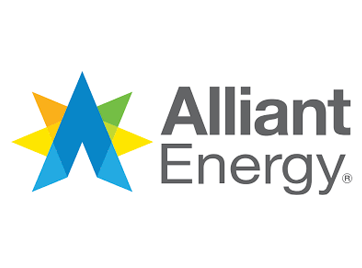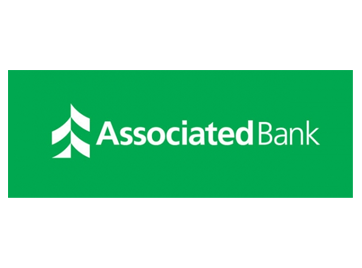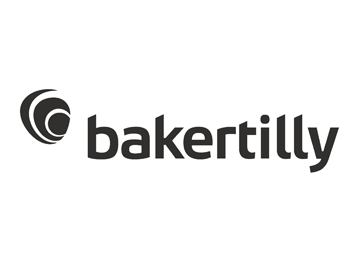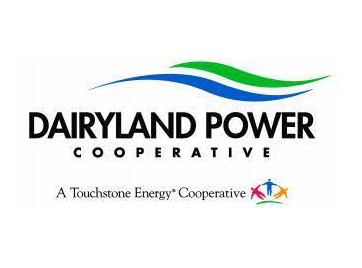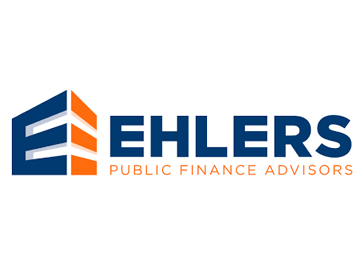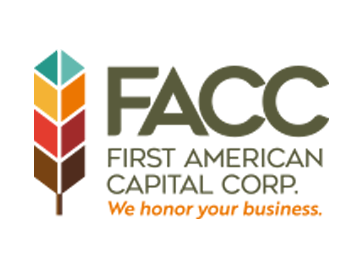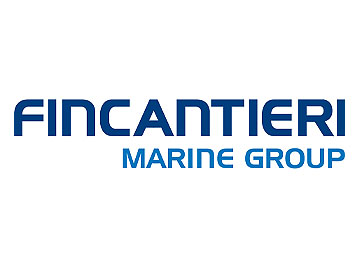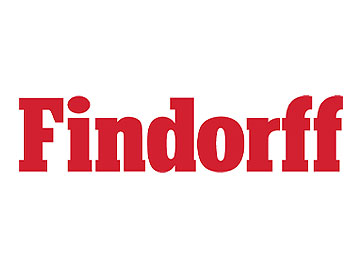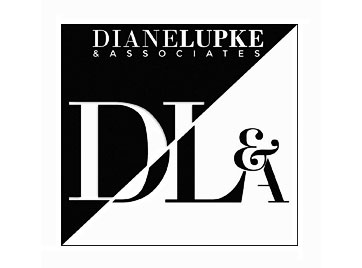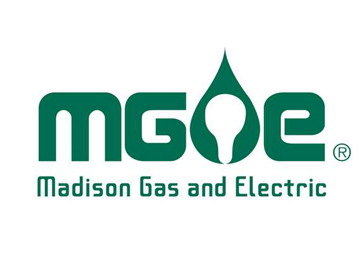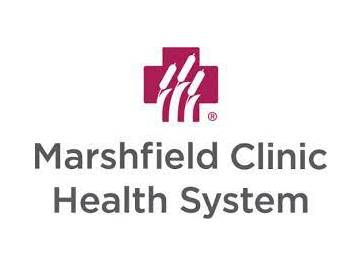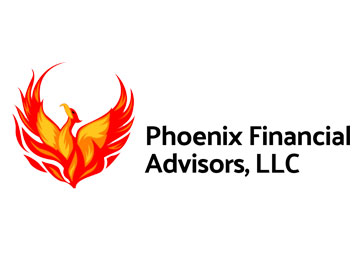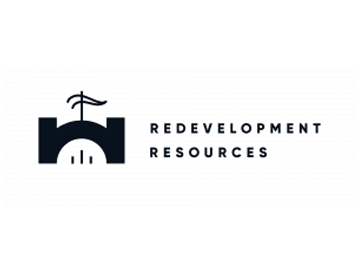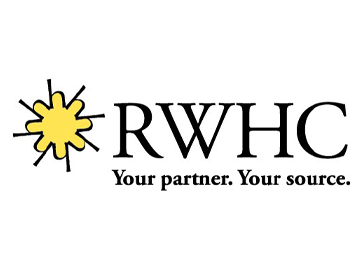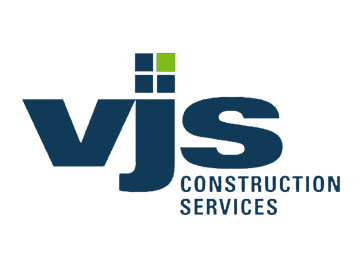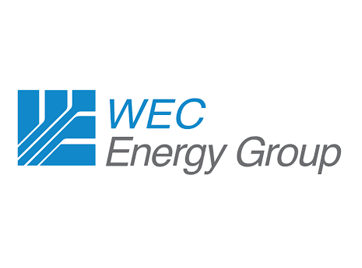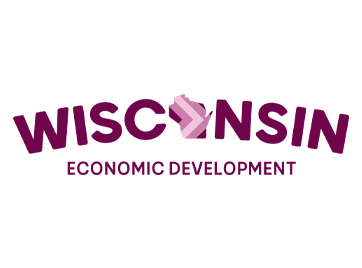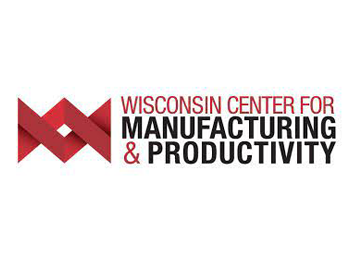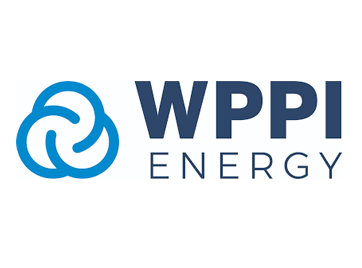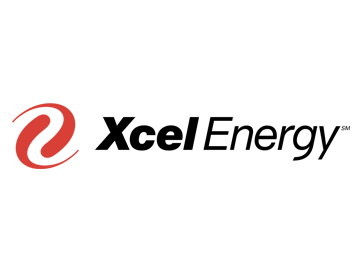WEDA Fall Conference on Workforce Development delivers critical feedback
Last week, WEDA held its 2017 Fall Conference – A Convening of Workforce Training, Retention and Attraction – at the Osthoff Resort in Elkhart Lake. The conference delivered on its goal of bringing public and private stakeholders together to discuss Wisconsin’s current workforce development efforts and successes, remaining challenges, and potential solutions.
Workforce issues have become a top priority for WEDA and economic development in general. A time of near-record low unemployment and a shortage of qualified workers, economic development and workforce development have become undeniably linked.
Wisconsin’s worker shortage impacts every industry sector and threatens economic growth statewide. Solving the state’s workforce challenges will require a comprehensive approach, one that will require collaboration and an ongoing dialogue between businesses and policymakers.
The conference sparked terrific conversations and generated valuable feedback from businesses, economic development professionals, and workforce experts. WEDA is in the process of analyzing the feedback and compiling it in an easily readable report. The report will be made available to WEDA members as soon as it’s complete and will include more information on the following concerns that were repeatedly mentioned by conference attendees:
- Potential employees and new hires are often not work-ready
- Businesses often do not have the time or capacity to take advantage of state workforce grant programs, such as Fast Forward. These programs need to be streamlined and made more flexible for employers.
- State programs need to focus less on job creation and more on helping companies fill the job vacancies they have.
- There must be a coordinated effort to attract more talent to the state
- The lack of affordable housing and reliable transportation for workers must be addressed.
- Continued collaboration between the business community and K-12 education and higher education is essential.
The Conference also played host to a Joint Informational Hearing of the Senate and Assembly Workforce Development Committees. The hearing proved to be a great success and gave businesses from across the state the opportunity to brief lawmakers about the workforce challenges they’re facing and how the state can help address them. The committee also heard form WEDA, the Department of Workforce Development, and representatives form Wisconsin’s higher education system.
The information presented at the hearing – and the conference – will be helpful in shaping future workforce programs and policies in Wisconsin. In fact, WEDA’s government affairs team will be following-up with lawmakers to help develop potential workforce advancement legislation.
After budget veto, lawmakers aim to “fix” historic tax credit program
The last edition of Political News and Notes reported on Gov. Scott Walker’s budget vetoes, one of which had a significant and negative impact of the state’s the historic tax credit (HTC) program.
The budget bill passed by the Legislature in mid-September did not include an overall award cap on the HTC program, but did limit individual awards to a maximum of $5 million per project. The governor used his veto pen – simply striking a “0” from the budget language – to reduce the HTC per project cap to $500,000. The new per-project cap will go into effect on July 1, 2018 (so if you have a historic preservation project in the pipeline, you should circle that date on the calendar).
WEDA was disappointed with the governor’s veto, as were many other interest parties, including developers, realtors, and municipalities. However, in his veto message, the governor encouraged the Legislature to improve the HTC program post-budget veto, saying “the Legislature could pursue separate legislation that more closely mirrors my original budget recommendations to more thoroughly reform this program…”
Earlier this week, WEDA and our HTC strategic partners met with a handful of key legislators to discuss potential stand-alone legislation to help “fix” the HTC veto. Discussions have just begun, but the early focus has been on simply increasing the per project cap to $1.5 million or $2 million (or somewhere in that ballpark). It’s not a perfect fix, but would certainly move things in the right direction. Of the 123 projects that were awarded HTC credits between 2014 and early 2017, 101 of the projects received awards of $2.5 million or less.
The hope is to have a bill drafted and introduced by the end of the month. The WEDA government affairs team will keep members updated as this issue continues to unfold.
Also, it’s imperative to keep an eye on the Congressional Republicans’ federal tax reform package that proposes to repeal the federal historic tax credit. If the federal HTC is eliminated, the state credit will experience the same fate, as the two are linked. Next week WEDA will be sending out a Call to Action membership-wide, asking members to contact their congressperson and urge them to preserve the federal HTC. When it hits your inbox, please take a few moments to advocate for the federal HTC.
If you have any questions on the status of either the state or federal historic tax credit programs, please contact the WEDA office at weda@weda.org.
State lawmakers propose wetlands regulation reform bill
Two key Republican lawmakers – Senate President Roger Roth (R-Appleton) and Assembly Majority Leader Jim Steineke (R-Kaukauna) – recently unveiled legislation to streamline the regulation of non-federal and artificial wetlands in Wisconsin. The WEDA Legislative Committee has voted to support the yet-to-be introduced bill.
The proposed legislation reforms regulatory requirements for non-federal and artificial wetlands, while maintaining the current process for wetland delineation as well as mitigation requirements. It does not impact the regulation of federal wetlands, which make-up most of Wisconsin’s wetlands. In addition, the proposal will help ensue all efforts are made to create high-quality wetlands through the efficient use of the state’s in-lieu fee program. Under the proposed bill:
- Non-federal wetlands would be exempt from DNR wetland permitting requirements.
- Artificial wetlands would be excluded from the definition of wetlands under state law.
- The DNR would be required to more quickly to expend moneys received under the in lieu fee subprogram.
All too often, state wetlands regulation and permitting requirements increase development project costs, unnecessarily delay projects, or stop projects altogether. While WEDA values a healthy environment, there must be a balance between conservation and economic development. The proposed legislation would implement prudent reforms to state wetlands regulation, eliminating unnecessary red tape that hinders economic growth and job creation.
If you have any questions or comments on the proposed legislation or WEDA’s position, please contact the WEDA office at weda@weda.org.
WEDA Bill Tracker: Follow WEDA’s legislative activity
The WEDA Legislative Committee reviews all economic development-related legislation proposed by the Legislature and takes appropriate action on each proposal — including efforts to support, oppose, or simply monitor any given piece of legislation. WEDA members can review the full list of bills the association is following, the position taken by WEDA, and the status of each proposal on the WEDA Legislative Bill Tracker. The bill tracker is updated weekly and provides members with an accurate snapshot of the association’s legislative efforts.
Most recently, WEDA reviewed and took a position on the following bills:
- Bill Number: Senate Bill 411 / Assembly Bill 508
- Bill Description: Would prohibit the Department of Workforce Development (DWD) from requiring or enforcing an apprentice to journeyman ratio that requires more than one journeyman for each apprentice. The bill would also allow DWD to set the length of apprenticeship programs that are currently set by state statue.
- Bill Status: SB 411 was referred to the Senate Labor and Regulatory Reform Committee and received a public hearing on 10/04/17. AB 508 was referred to the Assembly Workforce Development Committee.
- WEDA Position: SUPPORT
- Rationale for Support: Provides Wisconsin contractors with greater ability to hire additional apprentices and fill needed positions (while also maintaining safety standards) and help close the state’s skills gap in the construction trades.
- Bill Number: Senate Bill 406 / Assembly Bill 497
- Bill Description: Under this bill, if the Department of Natural Resources issues a wetland individual permit to a public utility, mitigation is not required unless the
discharge will result in a permanent fill of more than 10,000 square feet of wetland. - Bill Status: SB 406 was referred to the Senate Elections and Utilities Committee. AB 497 was referred to the Assembly Energy and Utilities Committee.
- WEDA Position: SUPPORT
- Rationale for Support: Streamlines wetlands regulation for utility projects, bringing them in line with the standards and restrictions imposed on other projects.
- Bill Number: LRB-4115
- Bill Description: Would exempt non-federal and artificial wetlands from certain DNR wetlands regulations and permitting requirements.
- Bill Status: The legislation has not yet been introduced.
- WEDA Position: SUPPORT
- Rationale for Support: The proposed legislation would implement prudent reforms to state wetlands regulation, eliminating unnecessary red tape that hinders economic growth and job creation.
If you have any questions, want additional information on WEDA’s advocacy efforts, or you would like to provide your thoughts on the above-listed legislation, please contact the WEDA office at weda@weda.org.



